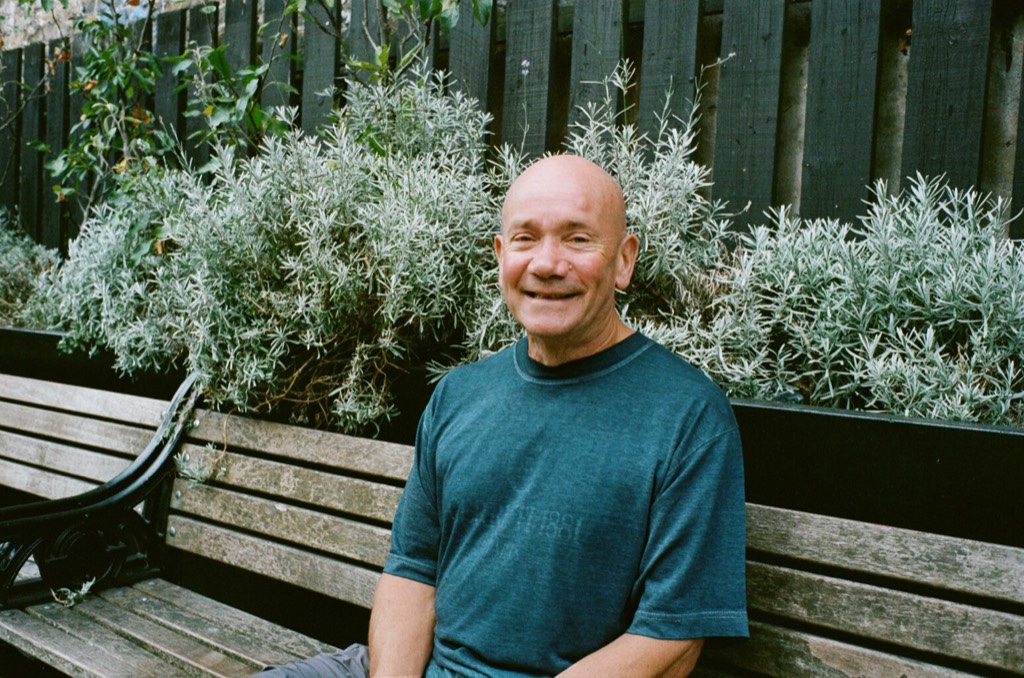Richard Gray
I had a sense that individual autobiographies were all very interesting, but did they, how much ice did they actually cut, if we were trying to make a strong voice, sound, in the, in the world which hadn’t sounded before. And individual autobiographies were all very well, but people would say, well that’s only one voice. And I just, and I had this, this feeling, and argued it in the group, put it forward, and, you know, had to bite my tongue off, and, if they’d all said, ‘Well no, I don’t agree with that,’ you know, we wouldn’t have gone in that direction. But yeah, I did, I did have to do with it, and I was one of the, the people who advocated making that move towards a more collective, more group approach to, to people’s history, and to oral history, and that it would- And I had a sense that, not only that many voices are stronger than individual voices, many voices together, but that, it would be, it would be a more, and here comes the word that’s, authentic, it would be more authentic, because, if we were working with a group of people who helped edit their own book with us, then it would be even more of an authentic voice of the people of Hackney than we had achieved by individual autobiographies before.
In this very reflective and unassuming interview Richard Gray explains his youth and political awakening. Born in 1950, he went to a minor public school and Oxford University, at both of which he baulked at ingrained institutional inequality. His strong sense of social justice led him to teach at a Hackney comprehensive. Visiting Centerprise in search of reading material for his African-Caribbean students, he immediately felt welcomed by ‘cool’ co-founder, Glenn Thompson.
Following that first visit in 1973, Richard joined the history group, ‘A People's Autobiography of Hackney’, becoming its convenor a year later. He describes the process of creating Working Lives and The Island, while also re-discovering his own working class roots. Richard felt strongly that the People’s Autobiography should take a more collective approach and not only publish individual memoirs and oral histories. As convenor, he tried to keep in mind: ‘this is we, not I’.
Richard saw a chance to put Paolo Freire’s radical approach to adult education into practice when he worked as a sessional literacy and numeracy tutor for Hackney Reading Centre, teaching ex-psychiatric hospital patients resettled in a supported housing project.
In 1977 he went to Mozambique with his wife Julia, where he carried on with people’s history. From 1981 – 1990 he was publishing worker at The Bookplace, Peckham’s community bookshop (sometimes called ‘daughter of Centerprise’). In 1990 he took up primary teaching, becoming a head from 1999 to 2010. He is currently studying at SOAS, involved once more in Mozambican people’s history.
Interviewed by Laura Mitchison




